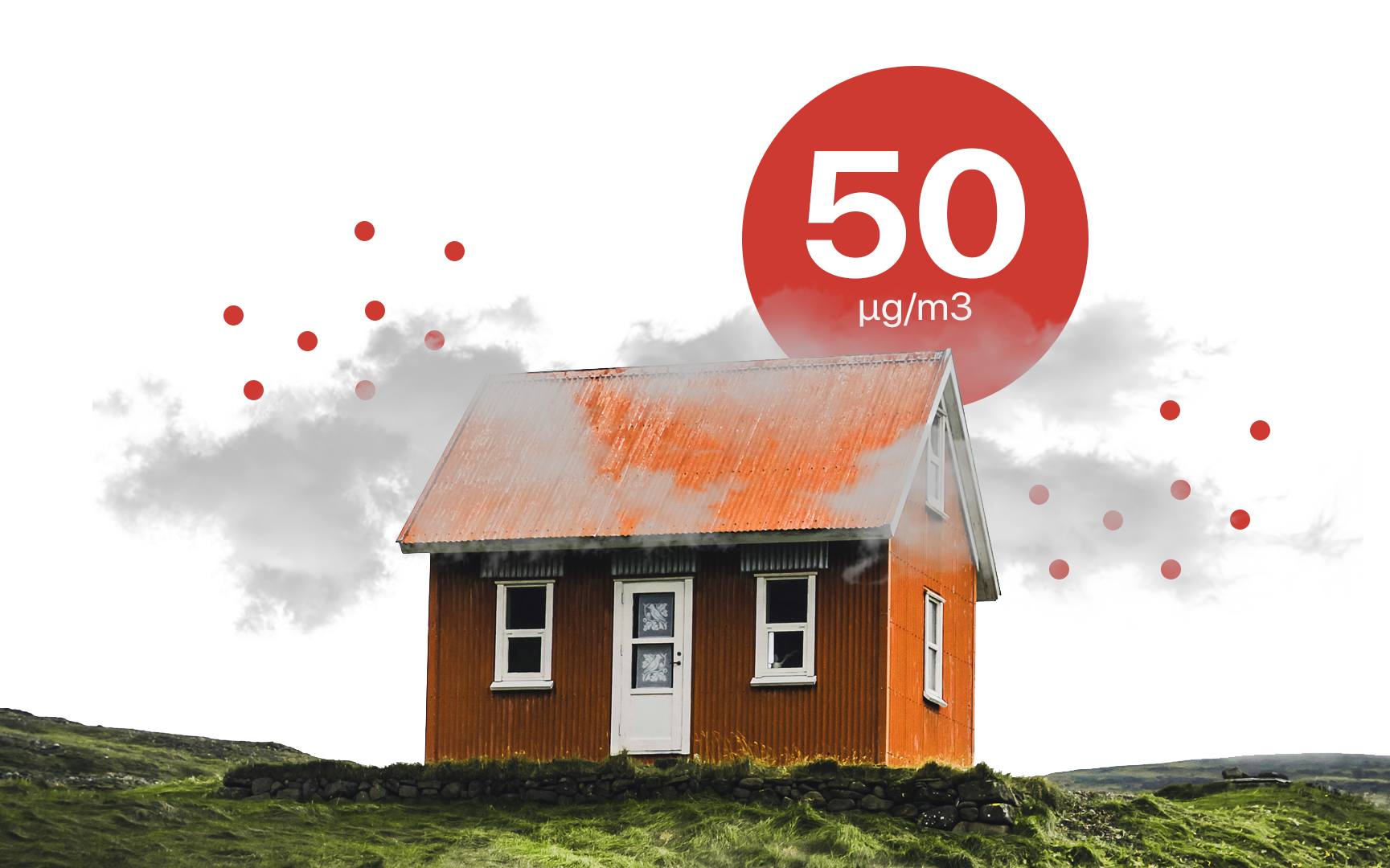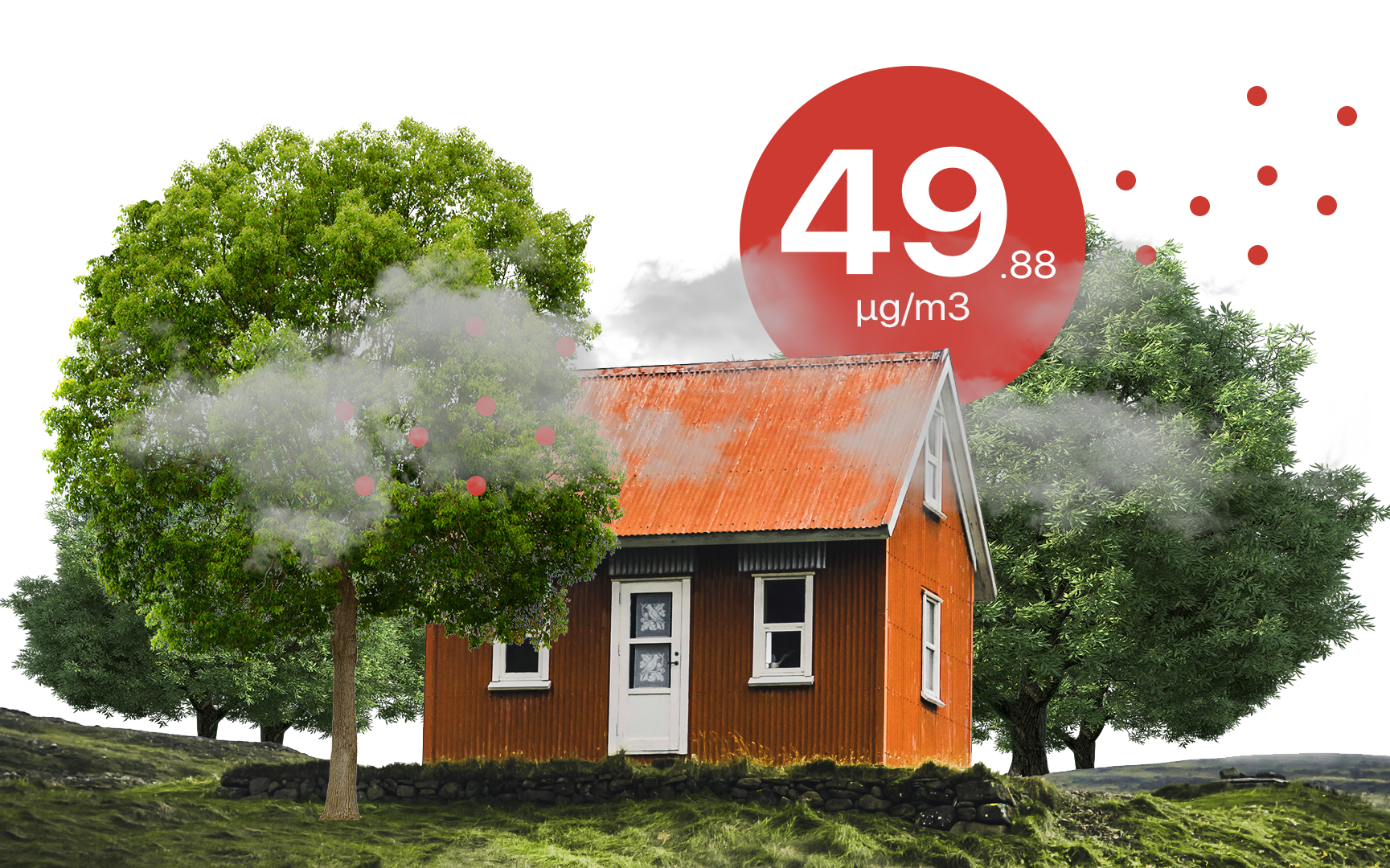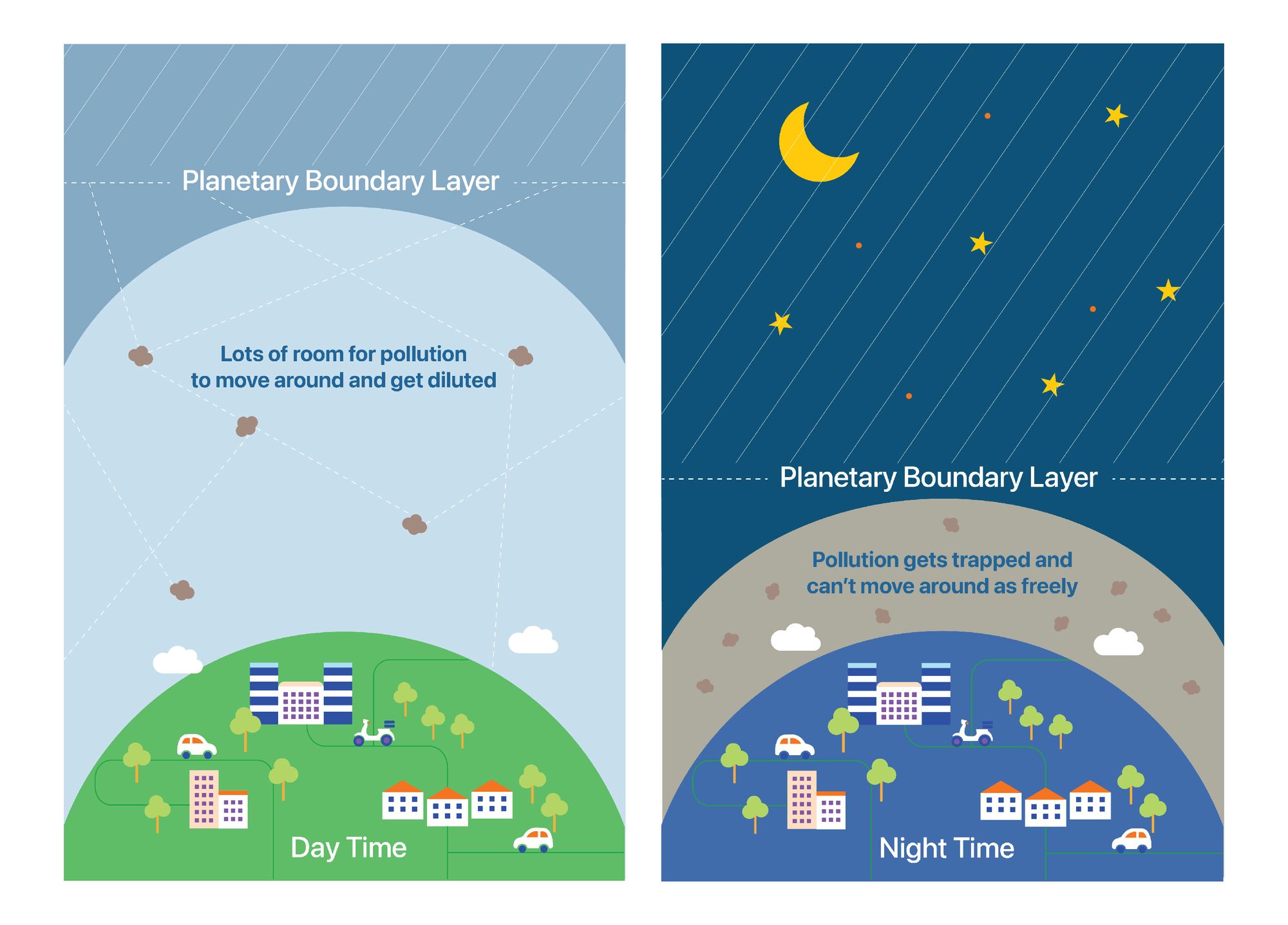Nafas aims to make air quality data easily accessible to all Indonesians
The Nafas Air Quality report for May 2023 showed a significant increase in air pollution, reaching up to 65%. This issue is particularly concerning in Tarumajaya, Bekasi, where the air pollution is equivalent to smoking 115 cigarettes. However, contrary to expectations, Bekasi is not the most polluted city in Jabodetabek during May 2023. South Tangerang holds that title, with PM2.5 concentrations reaching 69 ug/m3, exceeding the WHO Standard Guideline by 14 times. This data clearly demonstrates that air pollution is a significant problem.
Piotr Jakubowski, the founder of Nafas, acknowledges air pollution as a problem that affects people in their own homes. Consequently, he and his partner, Nathan Roestandy, Co-founder & CEO of Nafas Indonesia, have decided to build a business centered around three core principles:
- Making air quality data accessible for all residents of Indonesia, not just those in Jakarta.
- Raising awareness about the health issues associated with air pollution.
- Providing solutions for individuals on how to live in polluted cities.
In October 2021, the World Health Organization revised its guidelines regarding safe exposure to air pollution, specifically PM2.5. Air pollution is often referred to as an invisible killer since it is generally not given much thought. People tend to focus on the food they eat and the water they drink, but rarely consider the air they breathe due to its automatic nature. Consequently, air pollution may not appear to be an urgent topic for discussion, but in reality, it affects everyone's health.
Raising Awareness of Air Pollution for the 2024 Presidential Election
Piotr also mentions an article he read, which explains that one reason air pollution is not considered urgent is that people cannot easily imagine someone dropping dead from it. As Indonesia will have a presidential election in 2024, it is crucial to raise awareness about air pollution now, making it an important and urgent consideration for the candidates and their future policies.
Nafas aims to reach a level of awareness where people care enough to demand action from the government and regulations. This has historically happened in various countries, such as the UK in the 1950s when the Clean Air Act was passed, in the US during Reagan's presidency in the 1970s when the Clean Air Act was established, and in China around 10 to 12 years ago when there was a significant push for clean air driven by citizens.
Debunking Air Quality Misconceptions
There are several misconceptions about air quality that can mislead people regarding its impact on their health. These misconceptions include:
1. If you live in a green space, you don't have to worry about air air quality
People believe that being surrounded by trees allows the trees to absorb pollution. But it is actually contradictory. However, research conducted in ten American cities in 2013 concluded that trees can only reduce PM2.5 pollution and improve air quality by 0.24%. For instance, if the average PM2.5 level in a house is 50 ug/m3, ten times higher than the WHO standard, even with maximum greening efforts, the air pollution can only be reduced to 49.88 ug/m3, resulting in a decrease of only 0.12 ug/m3.

2. The air quality is best in the morning
During the day, the Planetary Boundary Layer is larger, providing more space for pollution particles to disperse, leading to lower concentrations. Rush hour traffic during the day can contribute to lower air pollution levels.
During the night Planetary Boundary Layer becomes shallow, providing less space for pollution particles to disperse. As a result, these particles tend to become concentrated, leading to higher air pollution levels in the middle of the night. This tends to happen at night, which is why the air pollution levels can be higher in the middle of the night.
Indoor air quality is as important as the outdoor air quality
Nafas is not solely focused on outdoor air quality; they also prioritize indoor air quality. One of their notable initiatives is the development of an ecosystem called Clean Air Zone. This ecosystem is designed to ensure healthy indoor air quality during business hours through the integration of measurement, cleaning, certification, and air quality data-driven employee engagement programs.
Clean Air Zone is a fully automated ecosystem that provides a seamless experience. Whether you enter your home, office, or a business certified as a Clean Air Zone, you can feel at ease knowing that the air quality there will be excellent. Nafas believes that clean air is not just a concept but an experiential reality. The less people have to actively think about maintaining clean air at a healthy level, the better the overall experience is for everyone.
Nafas emphasizes the importance of optimism when it comes to indoor air quality. Unlike outdoor air quality, indoor air quality is something we have control over. People have the power to take charge of their indoor environments. Nafas believes that if we begin controlling indoor air quality today, by 2035 we can ensure that things are right from an indoor perspective.